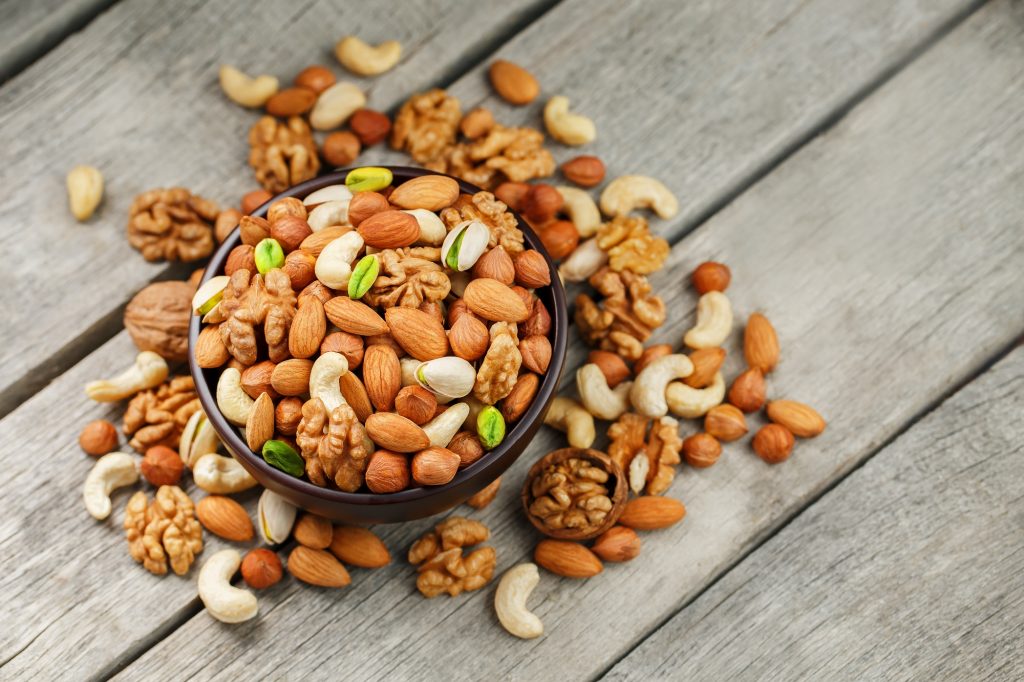There are many possible reasons for infertility issues, including ovulation irregularities, structural problems in the reproductive system, low sperm count or an underlying medical problem.
Can eating certain foods boost your fertility? This is a common question where many individuals would seek answers from their doctors. In general, unhealthy eating habits can actually harm fertility. Apart from that, certain nutrients play a vital role in the health of your productive system.
To find out more on the fertility diet, we speak to a Fertility Consultant, Obstetrician and Gynaecologist from KPJ Damansara Specialist Hospital, Dr. Mohan Raj Varutha Rajoo.
1Twenty80: Firstly, what is the fertility diet?
Dr. Mohan Raj Varutha Rajoo: To begin, the main focus of the fertility diet is the diet itself. The fertility diet suggests eating a diet rich in healthy fats, whole grains, high in fibre, omega-3 and omega-6 and plant- based protein that could help improve a woman’s egg quality. This diet mostly focuses on an individual’s body mass index (BMI). This is because being under or overweight reduces the chances of getting pregnant.
1Twenty80: Can the fertility diet improve egg quality and help one conceive?
Dr. Mohan: To be honest, the fertility diet may not work for every individual. For women who are trying to get pregnant, following the fertility diet helps them to ovulate regularly. However, there is no guarantee for women to conceive from following this diet especially for individuals who are infertile due to genetic problems, blocked fallopian tubes, or abnormality of the sperm, whereby the sperm may have misshapen head or tail, crooked or double tail.
1Twenty80: How does the fertility diet work?
Dr. Mohan: The diet includes consuming healthy food that may boost fertility for women with Polycystic Ovary Syndrome (PCOS), a condition that affects women’s hormone levels, while helping men with conditions like low sperm count. Again, this diet only helps to improve the quality of the reproductive cells in men and women. Many individuals misunderstand the concept of a fertility diet. It does not increase a woman’s egg count, but rather, it helps to improve the quality of reproductive cells which would then increase a couple’s chances of getting pregnant.
1Twenty80: Is there any difference between the fertility diet and other diets?
Dr. Mohan: The only difference between the fertility diet and a more general diet is the amount of folic acid recommended.
Folic acid is an important factor in the fertility diet for both women and men. This is because it helps prevent infertility, decrease the risk of birth defects, better egg quality and may improve sperm quality and count in men.
1Twenty80: Is there a specific fertility diet nutrition guideline that should be followed?
Dr. Mohan: There are no specific guidelines for the fertility diet. Both men and women should consume foods that are
- Rich in antioxidants like berries (strawberry, blueberry and raspberry), carrots, dark chocolate, and red wine.


Do not limit yourself to these foods as there are other options that are rich in both antioxidants and folic acid too.
1Twenty80: What are the Do’s and Don’ts that both men and women should do to increase their fertility rate?
Dr. Mohan: One way to help men and women increase their fertility rate is through a better lifestyle change and diet. Here’s a simple meal pattern that would be suitable for everyone.
- Have your breakfast one hour after you wake up.
- Have your snacks two to three hours later.
- Two hours after the snack, you should have your lunch.
- Again, you can have small snacks after two to three hours.
- Lastly, have your dinner two hours after your last snack.
This easy meal pattern works well for the fertility diet. I would also advise my patients to go along on this meal plan. Remember, the snacks you consume should also be healthy and nutritious.

1Twenty80: What would your advice be to our readers regarding the fertility diet?
Dr. Mohan: To couples who are trying for more than six months to get pregnant without success, please talk to your doctor to help you understand more on your pregnancy issues.















